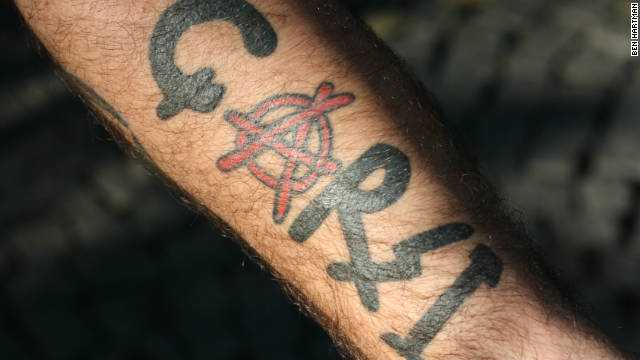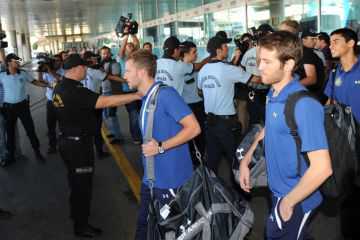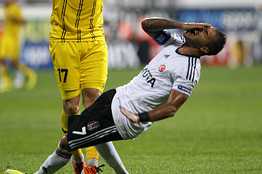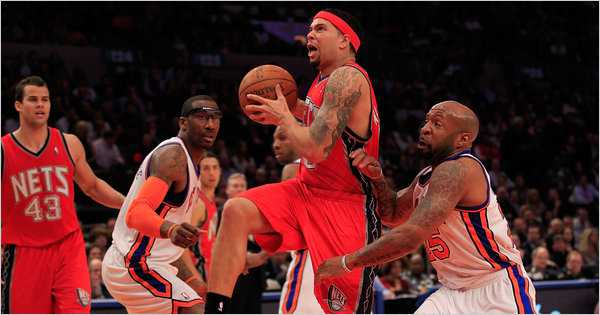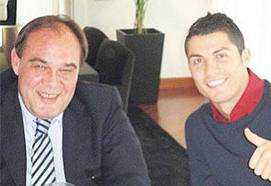Farid Eslam and Olli Waldhauer document how fanatical soccer fans supporting rival Istanbul teams cast their loyalties aside to fight the Turkish government’s controversial urban redevelopment plans.
 Purportedly inspirational films about sports bringing erstwhile antagonistic groups together have been omnipresent on screen for decades: get the ball rolling, as this subgenre goes, and warring soldiers (as in the French first-world-war drama Merry Christmas) or people with contrasting socio-political attitudes (The Blind Side,Invictus) could easily be reconciled. But first-time filmmakersFarid Eslam and Olli Waldhauer have offered a slight twist to the norm, with the documentary actually noting how diehard fans of Istanbul’s three leading soccer teams cast their bitter rivalries aside to join up in protesting against the Turkish government’s urban redevelopment plans.
Purportedly inspirational films about sports bringing erstwhile antagonistic groups together have been omnipresent on screen for decades: get the ball rolling, as this subgenre goes, and warring soldiers (as in the French first-world-war drama Merry Christmas) or people with contrasting socio-political attitudes (The Blind Side,Invictus) could easily be reconciled. But first-time filmmakersFarid Eslam and Olli Waldhauer have offered a slight twist to the norm, with the documentary actually noting how diehard fans of Istanbul’s three leading soccer teams cast their bitter rivalries aside to join up in protesting against the Turkish government’s urban redevelopment plans.
With its vibrant interviewees, powerful images and an incredible narrative, Istanbul United is a spectacle to behold and a radiant record of the Turkish city’s cultural and social make-up of the present day; making its world premiere at – where else? – the Istanbul International Film Festival, the film is ecstatically received by an audience ever ready to laugh (at the over-the-top fanaticism on show) and jeer (at footage of Turkish prime minister Recep Tayyip Erdogan) during the screening. A crowd-funded crowd-pleaser which manages to set blood boiling and hearts stirring, but non-Istanbullus would find its upbeat united-we-stand message ironically undermined by incomprehensibility, incoherence and in some cases unintended contradictions.
Timed for release just as sports fans ready themselves for the onslaught of the World Cup soccer tournament in Brazil in June, Istanbul United is about soccer and politics. The emphasis is certainly on the former, with the city’s intense club rivalries meticulously delineated – lifelong hardcore supporters of Galatasaray, Fenerbahce and Besiktas are shown hyped up to their eyeballs on the stands, while talking heads of three fan-group leaders’ explanations about their near-fundamentalist attachment to their teams are followed by archive news footage of acts of extreme hooliganism inside and outside stadiums.
It’s not like the three leading interviewees are hooligans, mind, as their recollections about their unyielding commitment to their clubs are laced with remarks about how problems in sports and society converge: Galatasaray fan Kerem Gurbuz muses on how the fans’ communalism could be transformed into a force of good, Fenerbahce ultra Cahat Binici complains about soccer being turned into an industrial, capitalistic machine, and the grey-haired Besiktas’ Ayhan Gunerdescribing his mission of running the Carsi fan faction as “anarchism and rebellion” in action.
These are thoughts left dangling like misplaced passes, enticing opportunities falling on players without a gameplan. Without broadening the discussion by noting how the fans’ fury correlates with social problems, the film abruptly jumps (from a sequence of fans singing foul-mouthed songs on the stands against the opposition team) to last summer’s protests at Gezi Park, in reaction to the government’s plan to replace the whole place with lavish commercial and residential projects. As police brutality against the demonstrators escalates, the soccer fans are seen mobilizing and finally ending up with sworn enemies marching alongside each other in a united front against the establishment.
It’s certainly one of the most extraordinary moments the city has ever witnessed; but Istanbul Unitednever really accounts properly this rare occasion. Rarefied, more like: there was neither build-up to this climactic moment, nor enough explanation about what happened then and what that means for the future. Activists and journalists are heard praising the soccer fans’ efforts as a powerful show of strength against the authorities’ increasing authoritarian tendencies – which in the past few weeks are manifested in Erdogan’s attempts to block Twitter and YouTube in Turkey – but the legacy is not exactly sufficiently explained to those living outside Istanbul.
Eslam and Waldhauer would have delivered closure by ending with the three ultras‘ accounts of their altered perspectives about soccer and society. The film’s denoument, however, is akin to snatching defeat from the jaws of a historic victory by scoring multiple own goals at stoppage time: barely has Binici finished telling a boy to “fight those who sow hate among us” that a group of fellow Fenerbahce fans nearby begin yet another round of expletive-laden songs against their rivals, while patriotism/nationalism rears its head as the national anthem is played out at a Besiktas match, an image risking a signal of everyone returning to old-school reverence towards the state machine. (The absence in the film of the city’s “fourth club”, the Erdogan-worshipping Kasimpasa, should also be noted.)
It’s as if the visceral excitement has come to nowt as a sentimentalized, vague notion takes its place: the early promise of revolutionary change – heightened by fluid camerawork and editing – slowly dissipates. With Erdogan having just attained a handsome triumph in the country’s municipal elections despite constant protests on Istanbul’s high street – along which the festival’s main venues, where Istanbul United made its bow – the same old seems to have taken hold; without properly structuring its decidedly explosive interviews and images – many of which could well be employed as mirroring components, metaphors and so on – Eslam and Waldhauer’s debut is a clarion call but not enough to be a harbinger of a markedly changeable future.
Venue: Istanbul International Film Festival (Documentary Time with NTV section), Apr. 12, 2014
Production Companies: Nippes Yard, Port-au-Prince, ‘D Riot, Taskovski, Vox Pictures
Directors: Farid Eslam, Olli Waldhauer
Producers: Olli Waldhauer, Tina Schoepkewitz, Farid Eslam, Jan Krueger
Director of Photography: Paul Roissant
Editors: Fridolin Koerner, Joerg Offer
International Sales: Nippes Yard, Port-au-Prince
In English and Turkish
88 minutes

